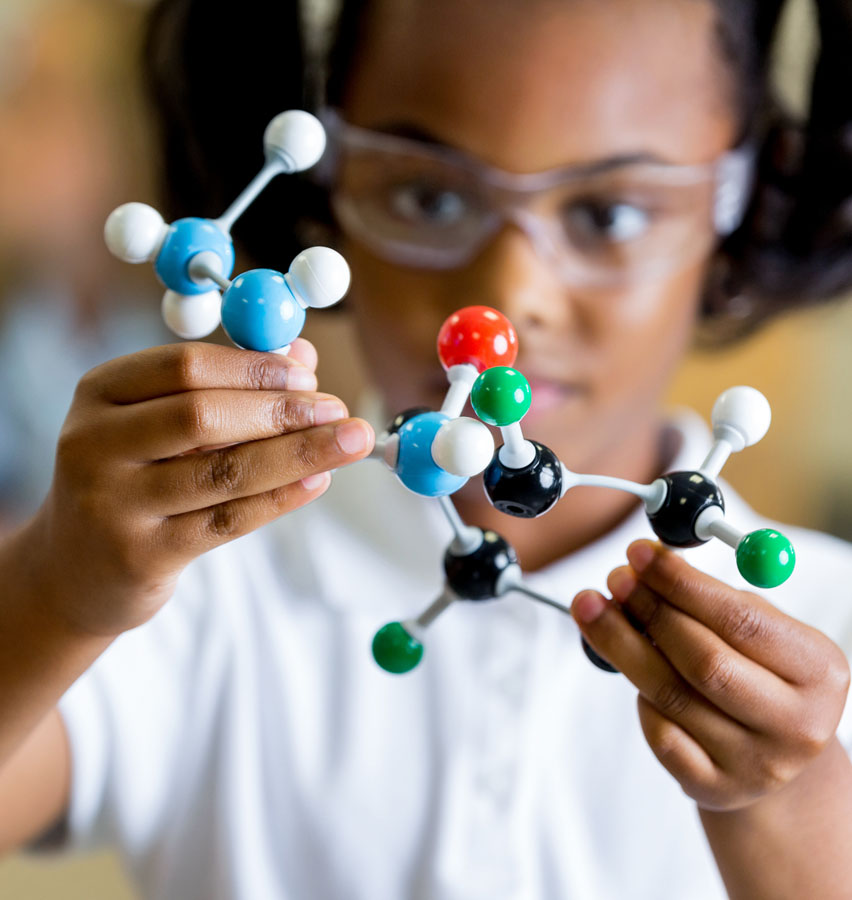 Setting aspirational goals can spur scientists to consider novel approaches in pursuit of research objectives. The following goals can be considered challenges to the scientific community to harness its shared knowledge to understand human development or improve the understanding, prevention, diagnosis, or treatment of specific diseases or conditions. While the goals in this section are perhaps beyond reach by 2024, NICHD encourages the field to transcend what is currently considered possible to advance research that could lead to healthy and optimal lives for all.
Setting aspirational goals can spur scientists to consider novel approaches in pursuit of research objectives. The following goals can be considered challenges to the scientific community to harness its shared knowledge to understand human development or improve the understanding, prevention, diagnosis, or treatment of specific diseases or conditions. While the goals in this section are perhaps beyond reach by 2024, NICHD encourages the field to transcend what is currently considered possible to advance research that could lead to healthy and optimal lives for all.

- Identify biomarkers of atypical neurodevelopment that can establish the likelihood of neurodegenerative disorders later in life.
- Accelerate efforts to definitively diagnose, prevent, and treat endometriosis, a disease that affects an estimated 10 percent of women in the United States and results in chronic pain, infertility, and a higher risk of some cancers.
- Identify genomic changes and exposure risks that explain or predict fetal loss, using advanced technological approaches and population-based study methods.
- Use the growing understanding of immune factors in pregnancy and placental development to determine reasons for pregnancy rejection, mechanisms to prolong at-risk pregnancies, and ways to transfer this knowledge to other medical needs, such as organ transplantation.
- Optimize infant survival by synthesizing human milk, capturing all its components and properties, and individualizing it to the characteristics of the infant’s mother.
- Enhance the survival and healthy development of preterm infants by exploring the role of environmental factors, such as feeding methods and nutritional support, human touch, and music and lighting.
- Facilitate application of precision medicine approaches in children by capitalizing on advances in genomics and by updating normative data on the growth and development of a diverse population of children, including those with intellectual, developmental, and physical disabilities.
- Discover how technology exposure and media use affect developmental trajectories, health outcomes, and parent-child interactions in early childhood.
- Advance the ability to regenerate human limbs by using emerging technologies to activate the body’s own growth pathways and processes.
- Train the next generation of scientists to harness the techniques necessary for future investigation, such as machine learning and artificial intelligence.
 BACK TO TOP
BACK TO TOP